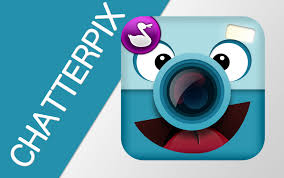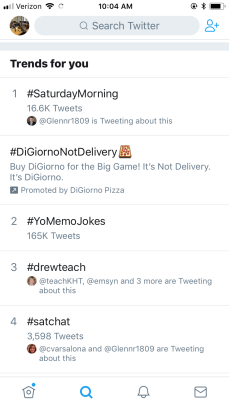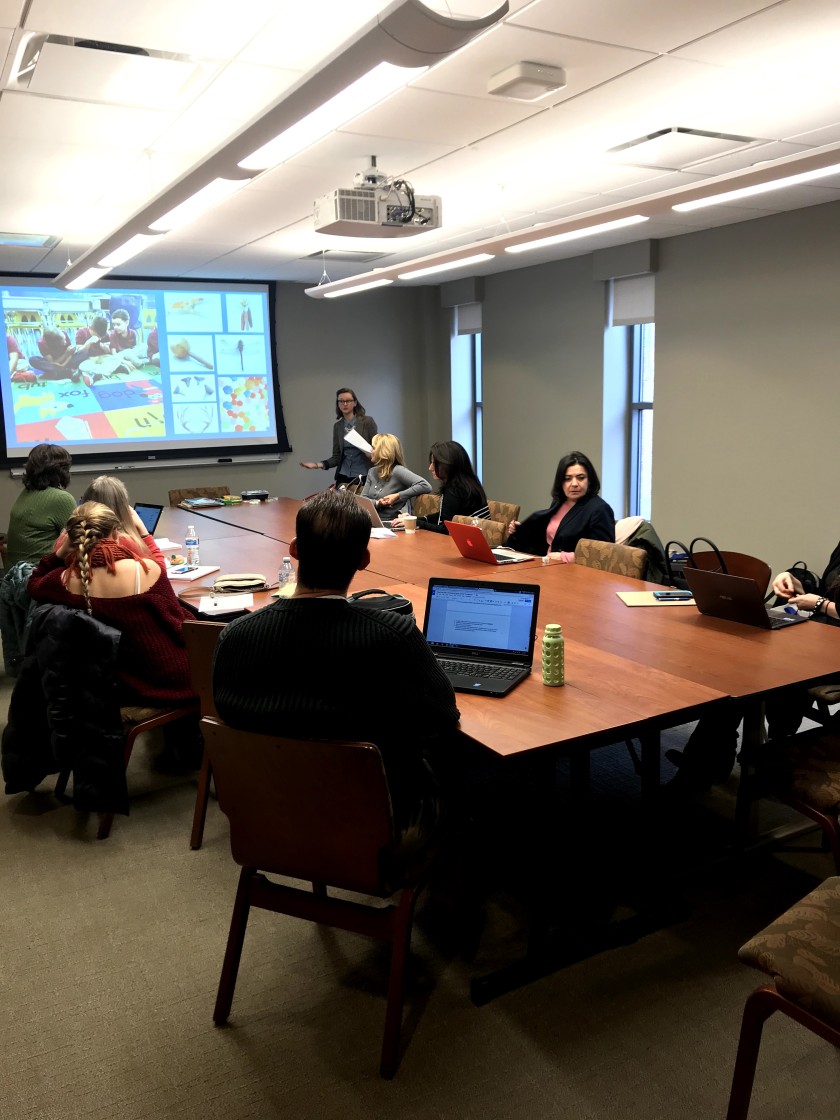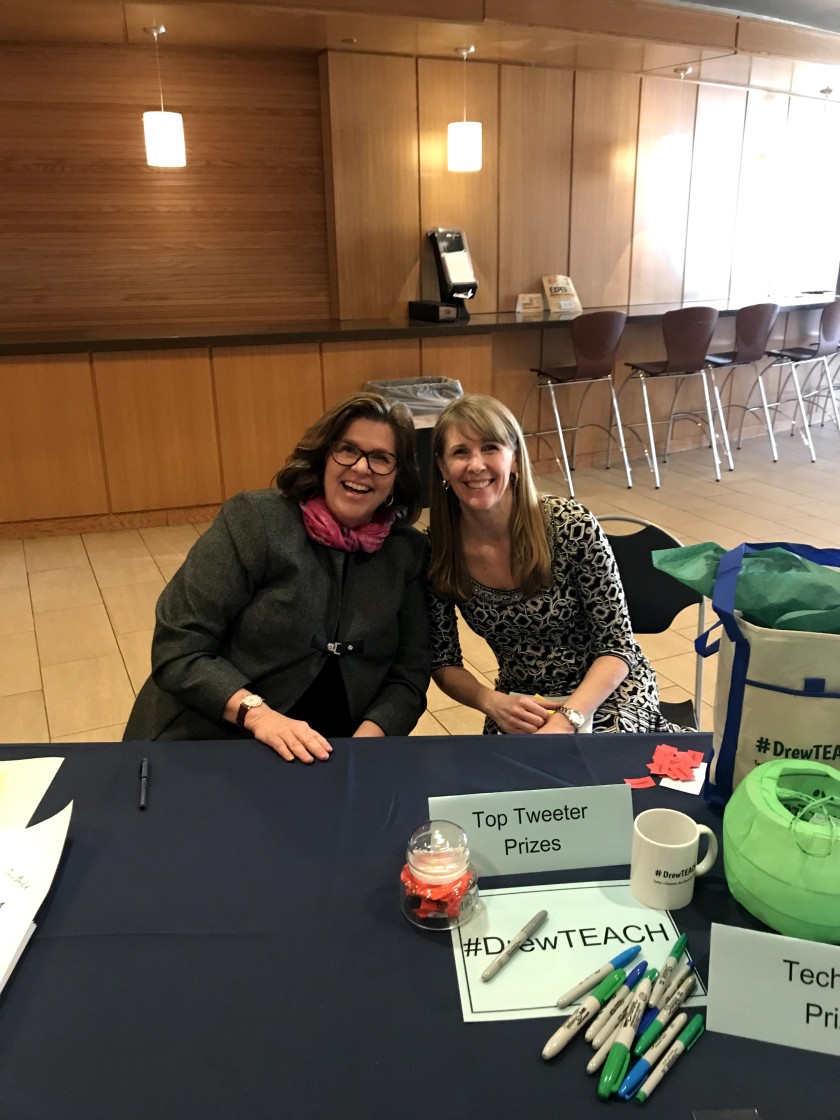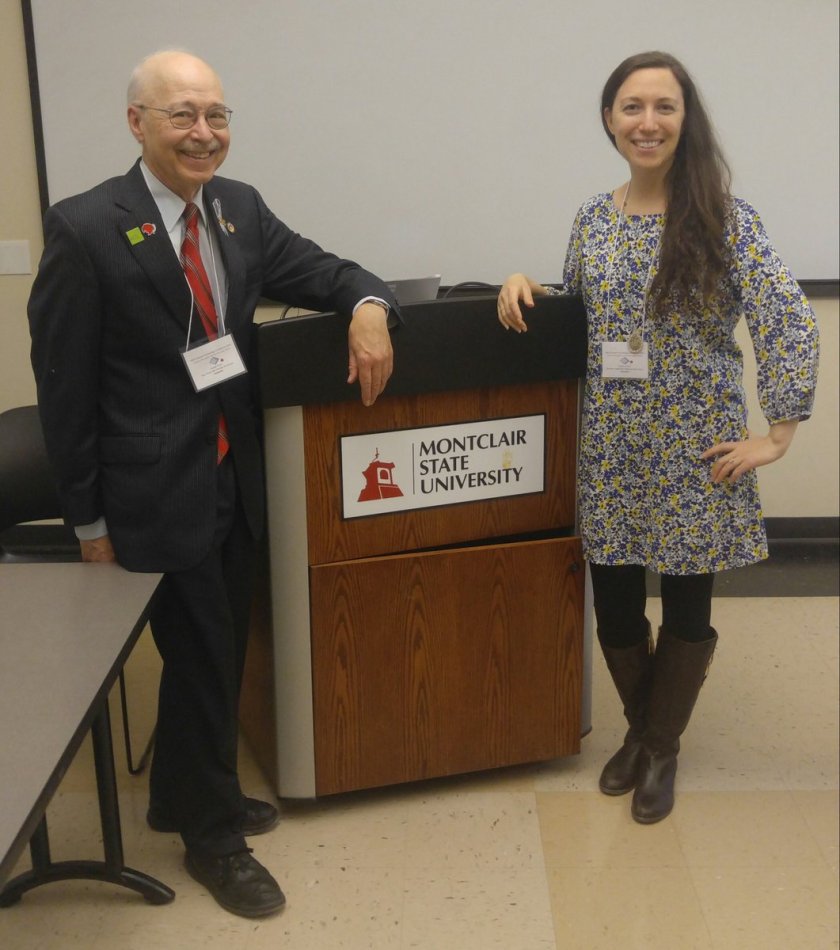by Lauren Zucker
This month, the DLC engaged in a social reading of Troy Hicks’ (2018) article from Voices from the Middle, “The Next Decade of Digital Writing.” This activity was perfectly timed for NCTE’s National Day on Writing (Oct 20), and for Troy Hicks’ visit to Drew (Oct 25).
DLC members were invited to read and annotate the article digitally, joining an ongoing conversation of educators thinking together about Hicks’ suggestions for bringing the teaching of digital writing into the next decade. We used Hypothes.is to publically highlight and comment on sections of the article.
After reading and annotating together, DLC members met via Hangout to discuss the annotation experience. We looked together at the article itself, and also reviewed the comments on our article by using the tools Crowdlaaers.
We first reflected on the collaborative annotation experience. For example, several of us suggested that annotated texts (with pre-existing comments and highlighted text) could be distracting for readers, and we appreciated the ability to hide annotations to create a cleaner reading experience. Alex noticed that some annotations received playful replies from other readers, such as humorous gifs and video links. Lauren Z. thought about how social annotation can extend an asynchronous conversation over time; for example, with this article, you could reply in October to a comment posted in July, and the original commenter could receive an email alert to bring them back to the conversation.
As we were discussing the value and constraints of using a tool like Hypothes.is, Lauren K. reminded us that we need to be “tool agnostic,” since tools change. On the article, she wrote, “Technology tools will change. Our responsibility is to ensure our students master skills. . . Trends change, free apps disappear or go behind paywalls, change happens.”
In light of Lauren K’s comment, we developed the following questions about collaborative annotation: 1) What’s the value of social annotation? 2) What’s our goal in using collaborative annotation tools?
We then discussed the nature of public comments. Alex mentioned that he typically thinks of annotations as private and personal, and he tends to write more informally when the comments are for his eyes only. Lauren K. thought about how students might feel, wondering if they would be reluctant to share their annotations, or worried about what other students would think of their choices. Valerie wondered if students would try to cut corners, simply highlighting segments that others students had already selected, or even highlighting random parts of the text. Clemencia responded that she believes technology helps with motivation and engagement; in her experience, students enjoy commenting on each other’s work.
Lauren Z. mentioned that some college professors are requiring their students to collaboratively annotate course readings (for example, see Greg McVerry’s course tag). This could’ve helped her as a student to contribute ideas in a more timely manner; in college, she did a lot of reading an underlining in advance, but often was unable to recall or share her ideas during a fast-paced class discussion. Alex wondered if collaborative annotation would allow students to digest others’ ideas more fully, and encourage participation from students who might not talk during class. Valerie mentioned that discussion boards, another popular option in college courses, allow students’ voices to be heard.
Thinking more broadly about digital writing, Valerie wondered aloud why English Language Arts teachers might still be resistant to replacing traditional forms of writing (e.g., literary analysis essays) with digital forms (e.g., digital stories, podcasts). Incorporating technology involves taking risks, Valerie shared. Lauren Z. pointed out the value of working with a community of like-minded educators (like the DLC), which allows her and others to get feedback from colleagues in a welcoming, supportive space. Clemencia mentioned that from her experience in special education, technology can serve to reinforce knowledge, and can allow students to demonstrate their learning in new ways.
We then briefly turned to discuss the content itself of Hicks’ piece. In the article, Hicks highlights five educators’ approaches to digital writing: critical digital literacies, crafting audio as ethnography, snaps as self-identity, computational thinking, and mapping literacy (pp. 11-13).
Valerie was especially moved by Hicks and Turner’s (2013) reminder that digital literacy is not a luxury. She annotated Hicks’ article with the following comment: “I think I am still coming to terms with this concept–that digital literacy is a priority, not a fun/creative add-on project for students. It needs to be in the mix with other more traditional forms of writing/storytelling/authoring.”
Several of us were interested in exploring Voyant, a data visualization tool used by Tom Liam Lynch (check out his nifty YouTube tutorial). Clemencia is looking forward to trying out Hypothes.is with her students and reporting back to the group. Lauren Z. shared an article by Jeremy Dean about “10 Ways to Annotate with Students.”
Thanks to DLC members Alex, Clemencia, Jade, Jill, Lauren K, and Valerie for participating in this month’s social reading! It’s not too late to join the conversation by reading and annotating with us on Hicks’ article.




